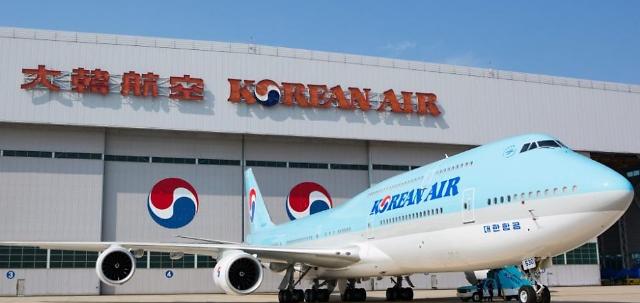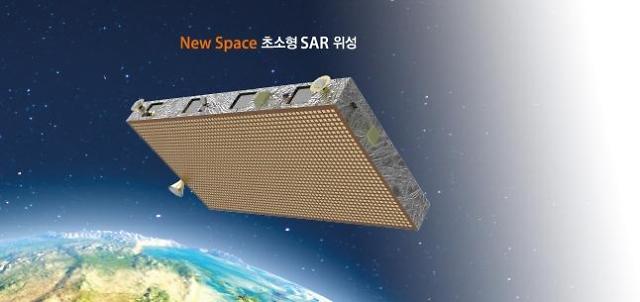
[Courtesy of Korean Air]
LauncherOne is a two-stage orbital launch vehicle developed by Virgin Orbit that began operational flights in 2021. It is an air-launched rocket, designed to carry smallsat payloads of up to 300 kilograms following air launch from a carrier aircraft at high altitude. The rocket is carried to the upper atmosphere on a modified Boeing 747-400 and released over the Pacific Ocean.
In a military project ordered by the airforce space agency, Korean Air (KAL) and a research team from Seoul National University will analyze technical levels, major application technologies, operating costs, remodeling measures for the development of an orbital launch vehicle using a Boeing 747-400 civilian plane.
Korean Air said South Korea can overcome geographical limitations in launching space rockets. The air launch of projectiles can reduce the cost of building and maintaining a separate launch site. "The development of aerial launch unaffected by weather and geographical requirements is essential to attract the rapidly increasing demand for small satellite launches worldwide," an unnamed KAL official said in a statement on July 20.
South Korea's airforce has launched the "Space Odyssey" project to have a space monitoring system by 2030, launch satellites from the air using transport planes by 2040, and have deterrence capabilities against the threat of space weapons by 2050. South Korea hopes to develop technologies to track and identify space objects and satellites with lasers. The role of anti-satellite weapons includes defensive measures against space-based, nuclear or intercontinental ballistic missiles and nuclear weapons.
In May, the defense ministry unveiled a long-term goal to develop platforms for the launch of space rockets using aircraft or at sea. Most launch vehicles take off from sites on land. The advantages of an air-based launch are flexibility in the launch location and the use of a carrier aircraft that could reduce propulsion requirements needed to reach orbit.
South Korea has disclosed the goal of producing small low-orbit satellites weighing under 100 kilograms in a space program led by the state-run Korea Aerospace Research Institute (KARI). South Korea's space program has seen slow progress as other countries are reluctant to transfer core technologies. Three space rockets have been launched but two fired in 2009 and 2010 failed to reach orbit.




